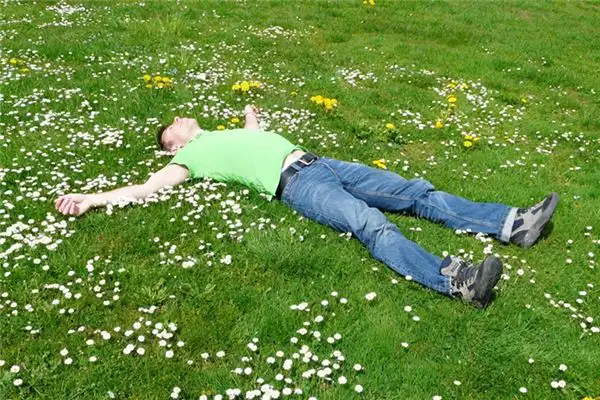
What Does It Mean to Dream of the Dead? Is It a Good Omen?
Dreaming of the dead isn’t necessarily scary—it might not be a bad sign at all.
On one hand, dreaming of an unidentified dead person or corpse often symbolizes something that has ended, faded, or vanished. It suggests you’re entering a new phase or fresh start. If the deceased represents something beautiful, it may hint at painful loss; if they appear ugly, it could mean the disappearance of negativity. Dreaming of a familiar corpse might reflect romantic disappointment.
From a personal perspective, such dreams can mean you’re ready to leave past grievances behind and embrace renewal. Here, death symbolizes letting go—like forgetting a painful ex when starting a new relationship.
Dreaming of your own death hints at transformation, a new life chapter, or shedding an old identity. If you \”kill\” yourself in the dream, it may signify overcoming a flawed aspect of your personality. An ugly corpse in the dream suggests triumph over hardship or personal growth.
On the other hand, dreaming of the dead can symbolize lost vitality. For example:
– If a known person dies in your dream, you might perceive them (or yourself) as emotionally drained.
– Exhaustion or communication breakdowns can trigger such dreams.
– A person turning to stone in the dream carries a similar meaning.
Dreaming of your own death may reflect fears of emotional numbness or feeling \”lifeless.\” Conversely, a dead person reviving signals regained energy.
Sometimes, these dreams serve as warnings:
– Dreaming of a grieving death (e.g., a relative) might later coincide with real-life illness or loss.
– Generally, joyful dreams are positive; sorrowful ones may carry cautionary messages.
Freudian theory adds that childhood resentment (e.g., toward siblings) can resurface in dreams of loved ones dying, even if your current relationship is harmonious. It’s often just your mind processing old emotions.
Alternatively, lingering subconscious grudges might manifest this way. If the deceased is a relative, guilt can amplify the dream’s grief.
### Other Common Dream Scenarios:
– Talking to the dead: Fame, wish fulfillment, or good news ahead.
– Dining with the dead: Longevity.
– Holding a corpse: Great wealth (especially if decaying). But calling the dead by name warns of danger.
– A dead person entering your home: Good luck.
– The dead appearing lively: Beware of upcoming setbacks.
– A dead person crying: Obstacles or unfulfilled wishes.
– A deceased relative alive: Family disputes.
– A dead friend reviving: You may need help soon.
### Cultural Interpretations:
– Zhougong’s Stock Market Guide:
– Dead reviving → Dormant stocks rising.
– Dead leaving coffins → Dividend resumptions or rebounding shares.
– Classic Zhougong Dream Dictionary:
– Conversing with the dead → Fame.
– Embracing the dead → Impending death (unless it’s odorless).
– Psychology Perspective:
– The dead in dreams often represent unresolved feelings or ancestral connections.
### Case Study:
A 26-year-old woman dreamed of an unfamiliar corpse grabbing her hand at a funeral. Interpretation: The dream reflects avoidance of a pressing issue. Death here symbolizes transformation—facing the problem openly is key. The \”stranger\” represents unaddressed memories or challenges.
Key Takeaway: Such dreams rarely predict literal death. Instead, they mirror inner transitions, unresolved emotions, or subconscious warnings. Context matters—note if the dream feels hopeful or ominous.
(For deeper dream interpretation, consider cultural and personal associations with the deceased.)
—
*Image*:
“`html

“`

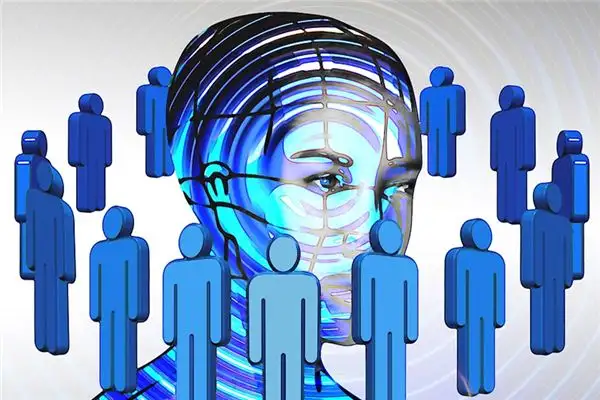
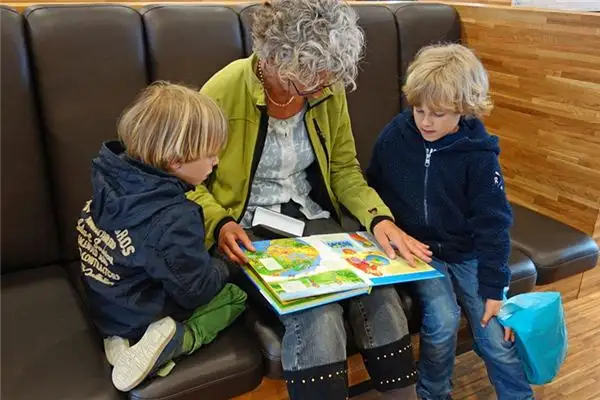
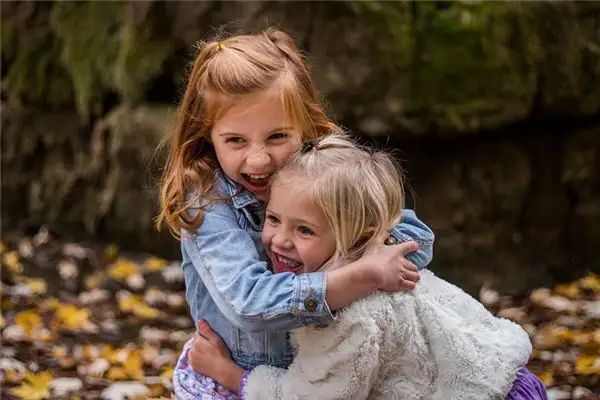


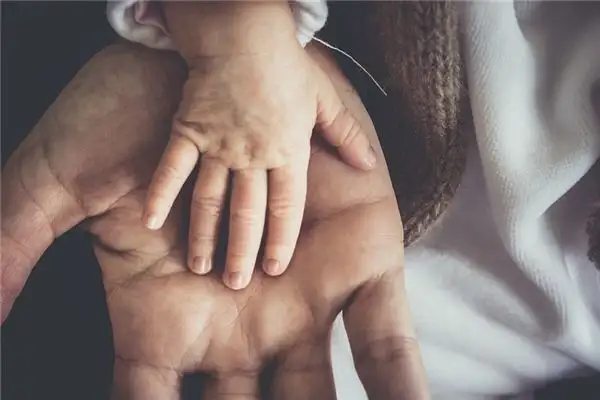
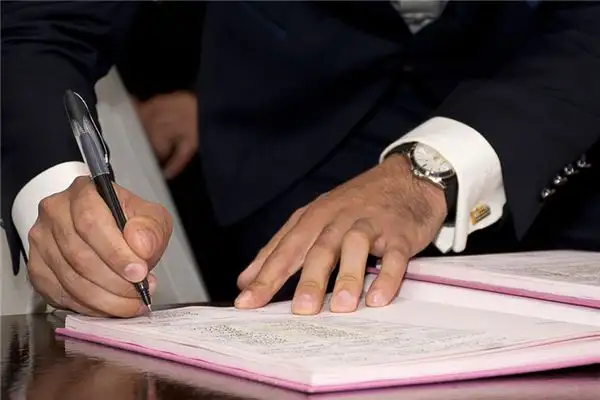
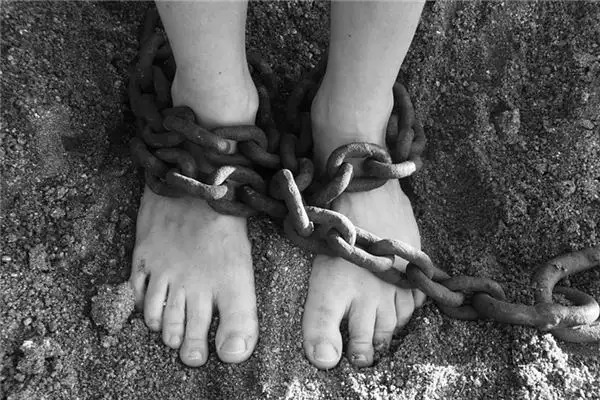







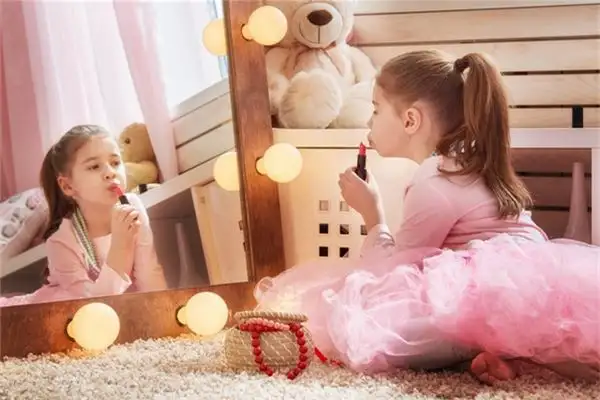


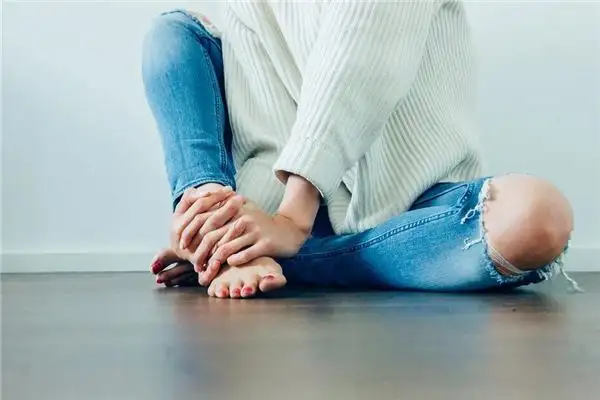


暂无评论内容